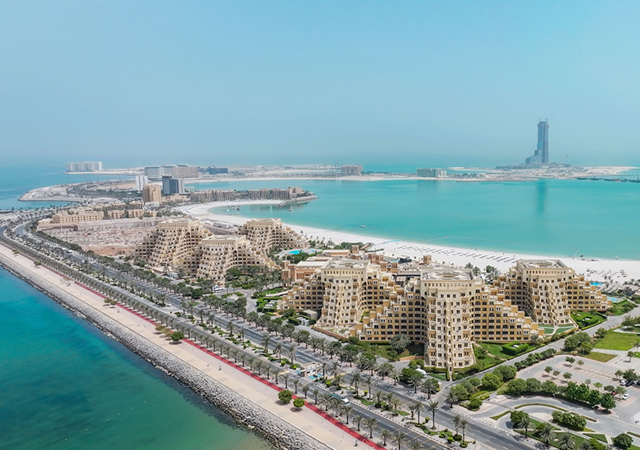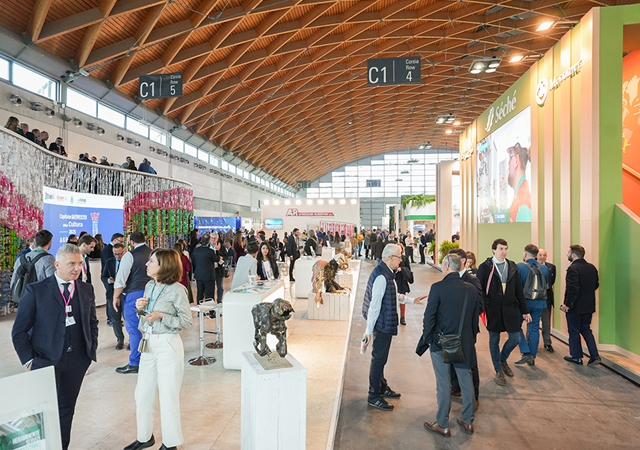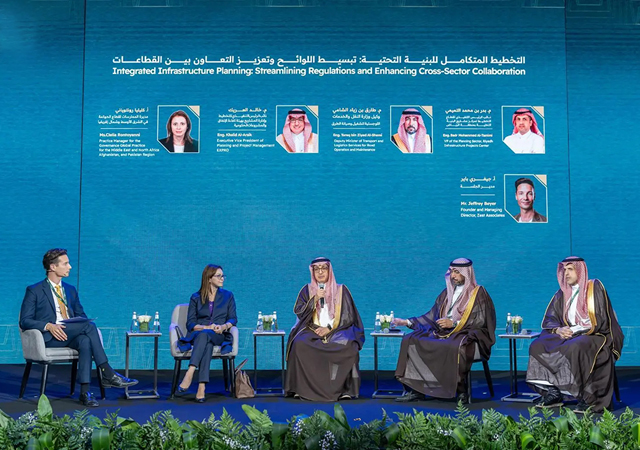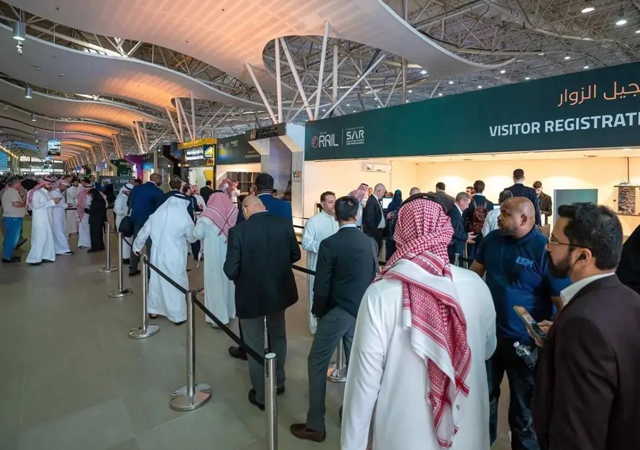

Leading European fire-protection specialist Promat has recently been bagged the contract to supply fire-protection boards for the Palm Jumeirah development.
Promat's Promatect-H boards are being used to line a 1.4 km underwater tunnel on the development in Dubai.
“The main contractor Taisei Corporation picked Promat because its products meet the most exacting fire standards. Promat’s technical support, drawing on more than 40 years' experience, was also key. The company provided advisers on site to help with design and installation techniques,” says a spokesman for the contractor.
“The Promatect-H boards were supplied accurately cut and finished,” says Taisei’s project manager Akihiko Mochizuki. “Our team found the boards easy to handle and place, as shown by the improved production and installation rate.”
Passive fire protection is built into the fabric of a structure. It creates a physical barrier to contain heat and prevent the spread of smoke and fire. It can't be turned off and requires no power or water to work. Promat's products and systems help control the course of a fire and the damage it can do. They can hold back fires for up to 240 minutes, giving occupants time to escape and firefighters a chance to save the structure.
“Winning this work was a phenomenal achievement,” says Geoff Mann, who heads Promat’s Dubai office. “It’s testimony to Promat’s reputation.”
Promatect-H, a non-combustible calcium silicate board, is being used to line the tunnel connecting the crescent of the development to the main palm trunk. Tunnel fires can reach temperatures of up to 1,200 deg C within minutes, which can destroy the structural stability of concrete and create spalling – that is chunks of concrete flying off amid the heat.
The project’s developer Nakheel was looking for fire protection boards that met what it considers to be the highest and safest standards. This was the Dutch Ministry of Transport procedure, a protocol also approved by the UK’s Building Research Establishment. The Promatect-H boards met these performance requirements.
Mochizuki adds: “We ordered the boards with a schedule of required deliveries to meet our construction programme. The boards were received on or before the required dates. They were well-packed and protected.
“We set up a dedicated workshop on site where we could prepare the boards prior to installation.
“Promat sent two engineers to site during our first few days to give advice to our installation team.”
Two installation techniques were used on the Palm Jumeirah development’s tunnel.
For the ceiling, the team went with a so-called ‘lost formwork’ method. Here the boards were laid on the load-bearing formwork with the smooth face down to provide a fair-faced finish on completion.
The boards were pre-cut and were installed using straight joints. After the first layer of reinforcement had been installed, 50 mm stainless steel screws were inserted to a depth of 20 mm. The remaining 30 mm stuck out of the board, creating the anchorage for the concrete. After the concrete was sufficiently cured, the formwork was removed.
One of the products of Promat's on-site support was an installation technique devised for the curved section of the tunnel. Each set of boards was placed on plywood in the on-site workshop and cut in one go. This minimised the gap between the boards.
Among the advantages of the lost formwork method, it’s relatively easy and quick - up to 150 sq m per man per day has been reported in European tunnel projects, says Mochizuki.
On the walls of the tunnel, the Promatect panels were installed after the walls had been built. The panels were butt-jointed next to each other, and hung on the concrete walls with stainless steel anchors.
“The Palm Jumeirah project has gone extremely well,” says Mann. “It’s been a great opportunity for us to show what we can do, on one of the most high profile building sites in the world.”
Promat has been operating in the Middle East for more than 20 years and recently opened a fully-fledged office in Dubai. It has an impressive list of local clients, such as the luxury Burj Al Arab Hotel and the new Dubai Mall. The Palm Jumeirah development is by far the company’s biggest job in the region so far.




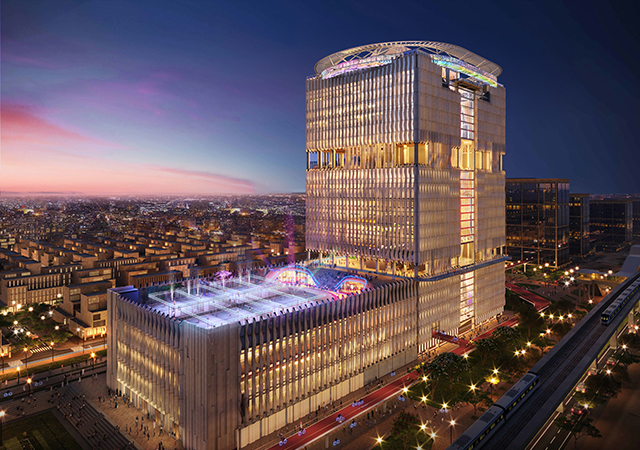
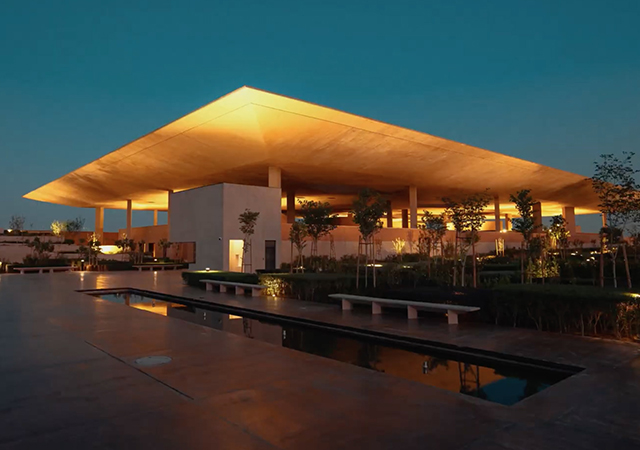
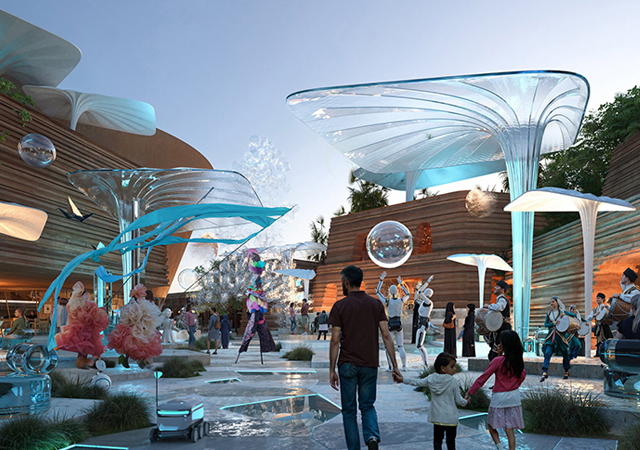
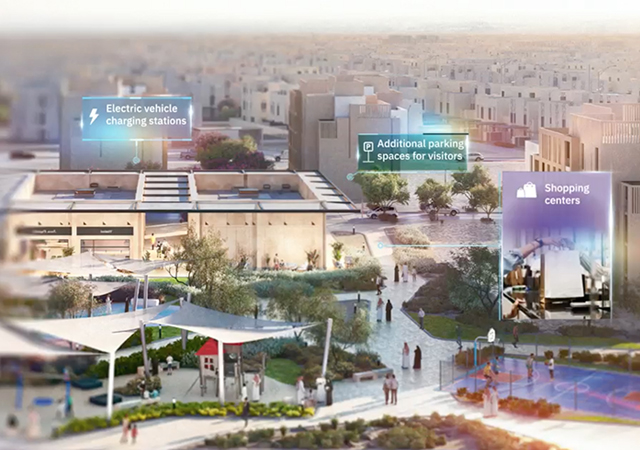
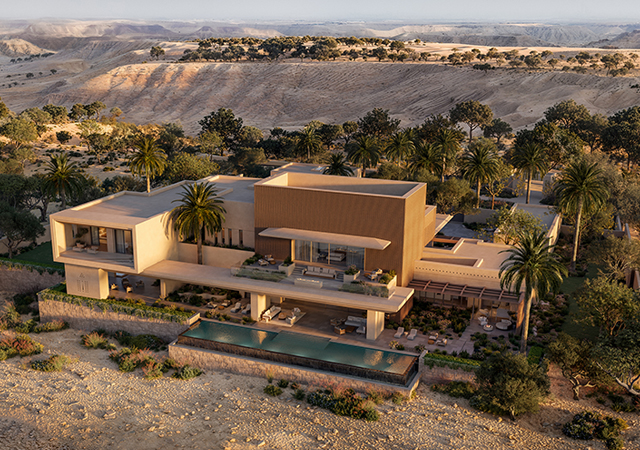
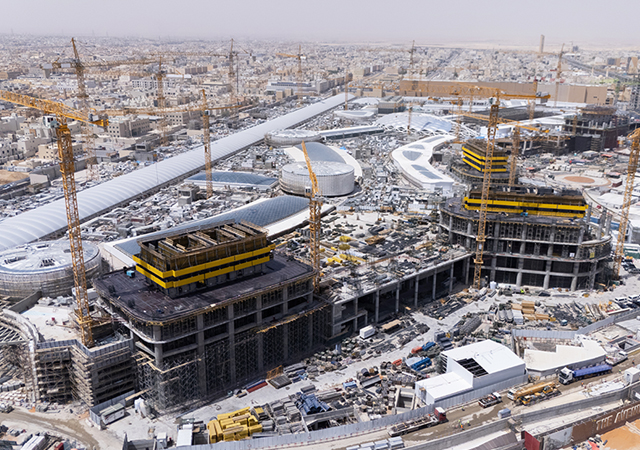
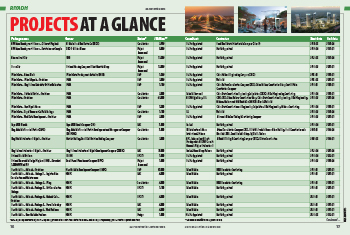
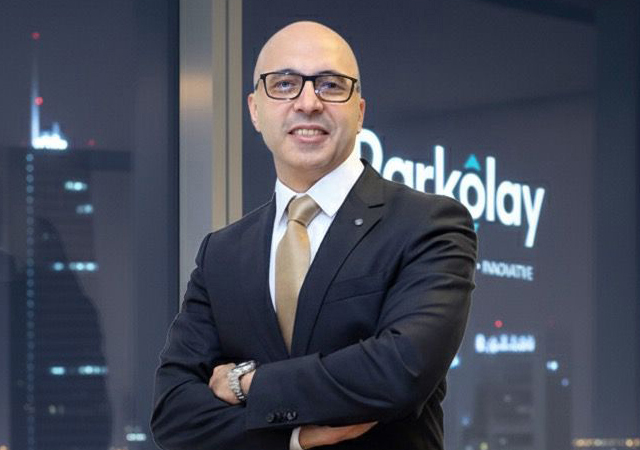
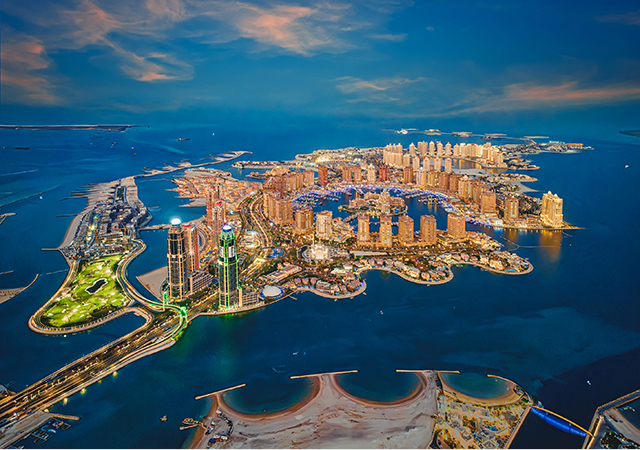
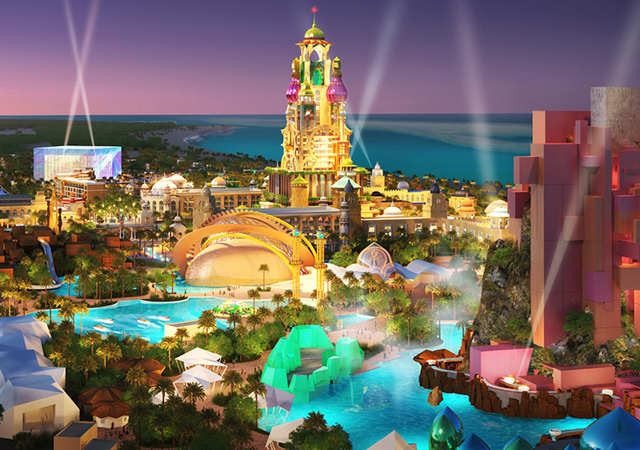
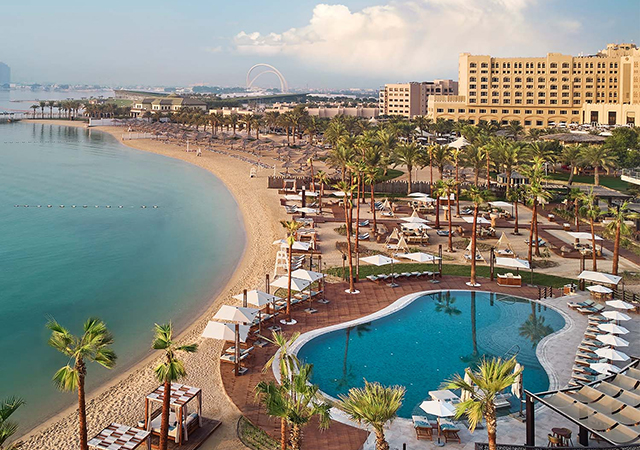
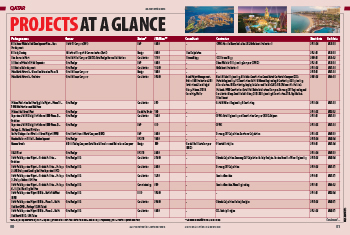
.jpg)
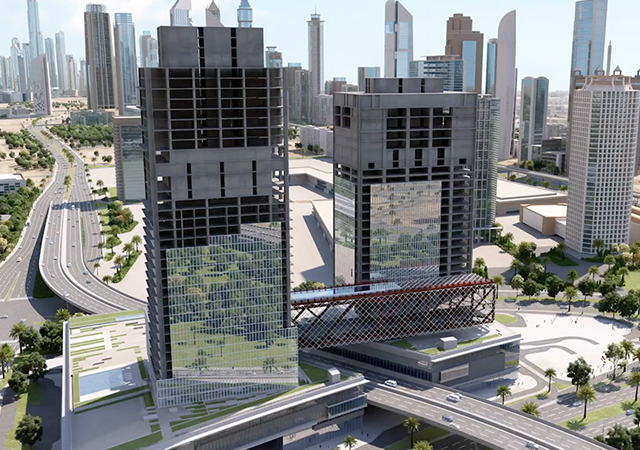
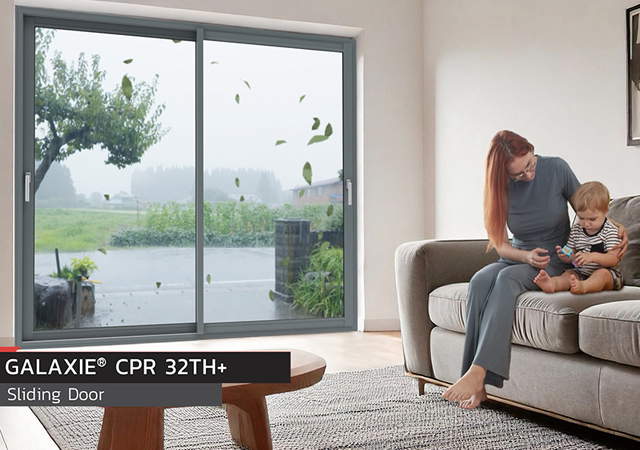
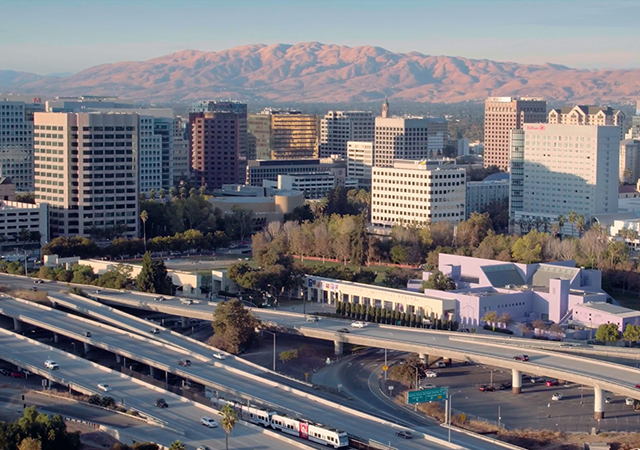
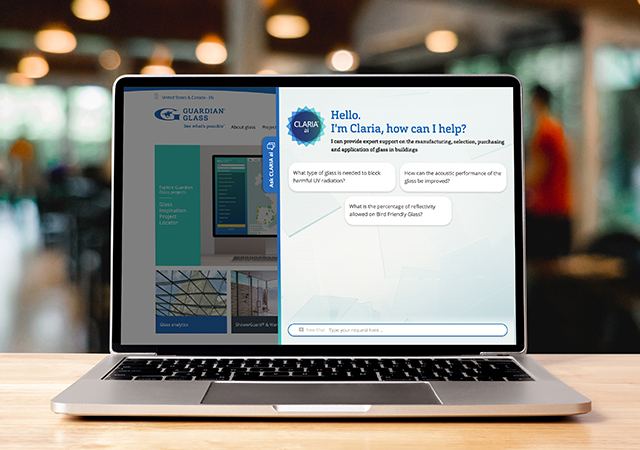

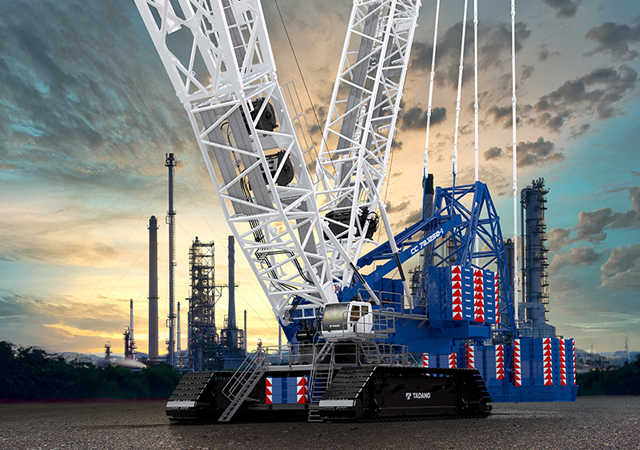
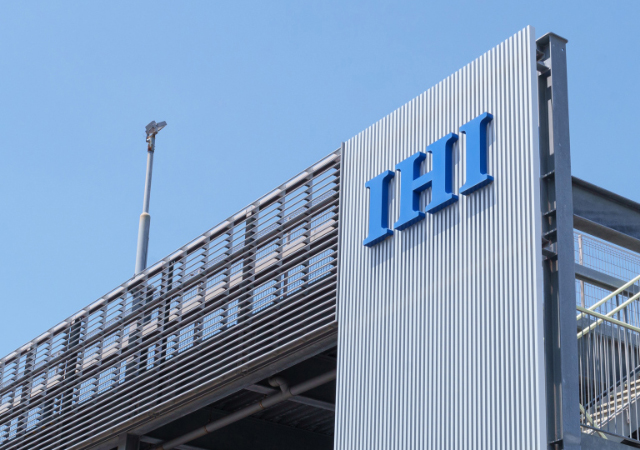
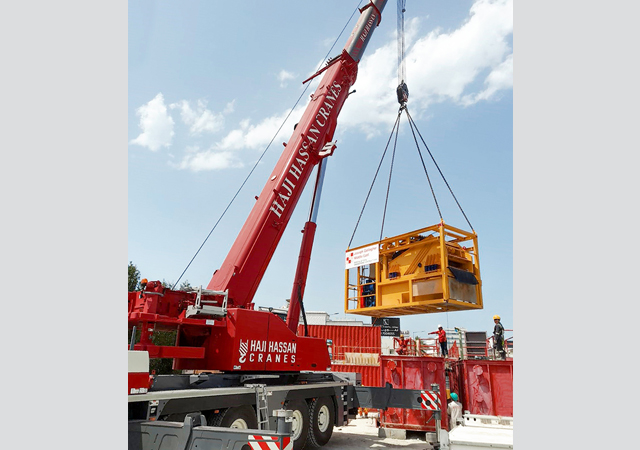
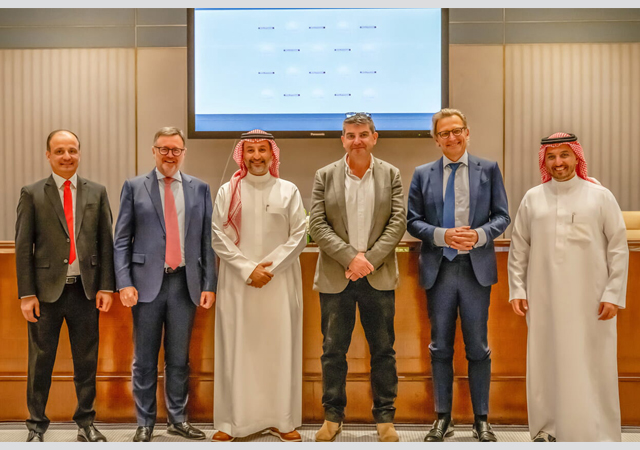
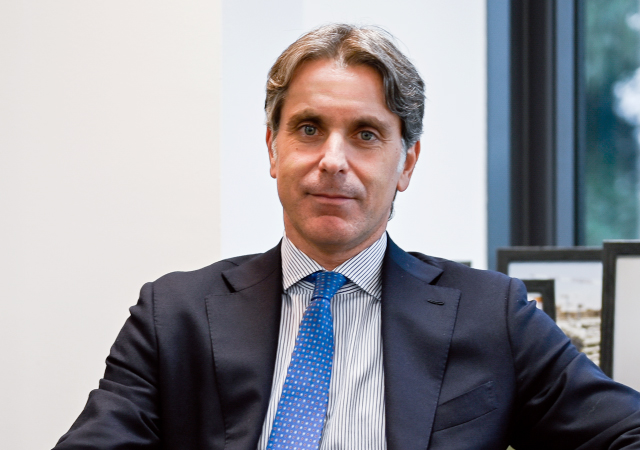
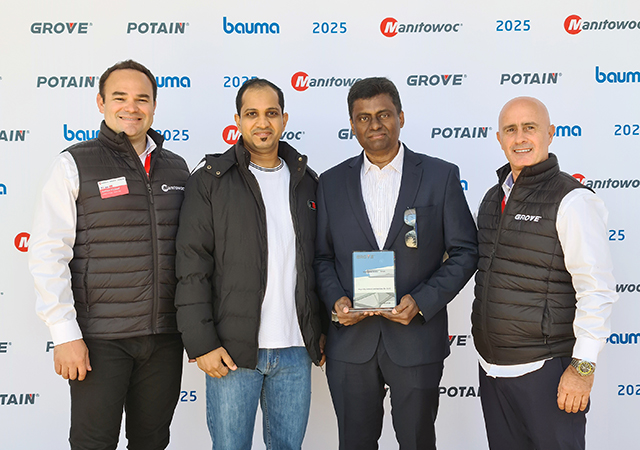
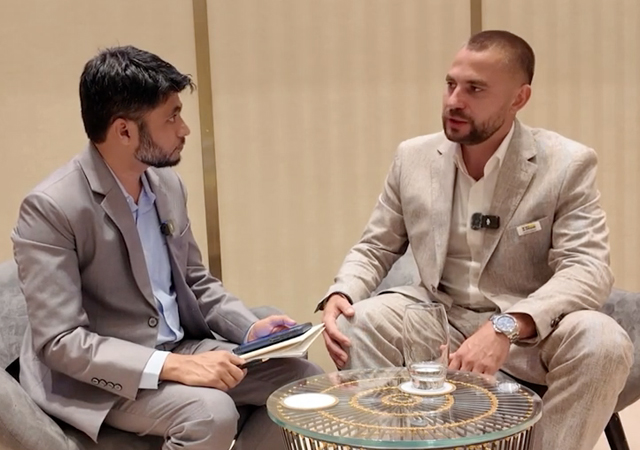
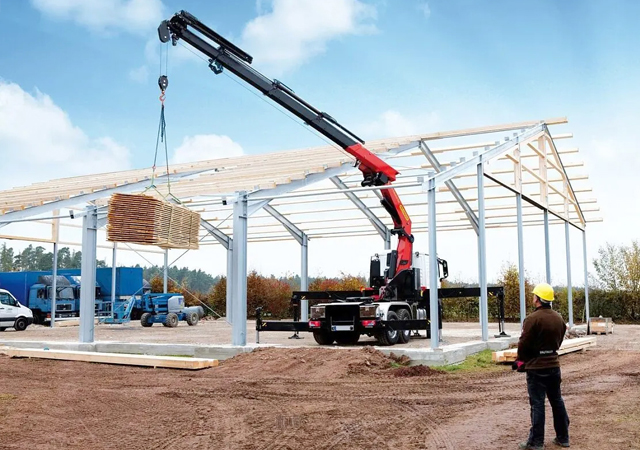
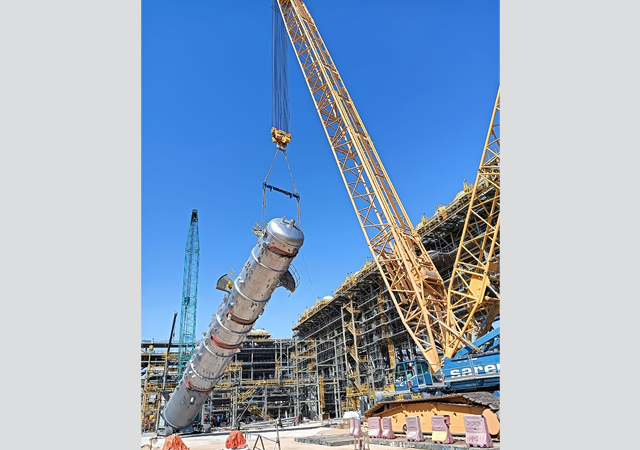
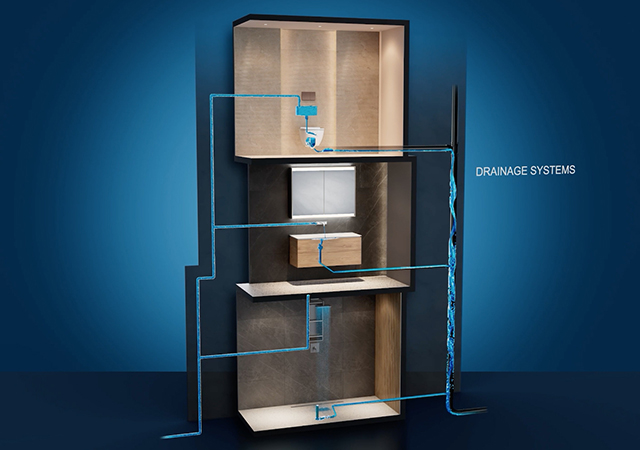
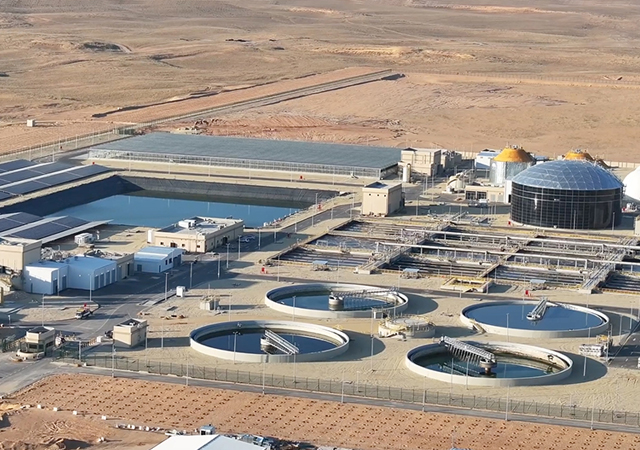

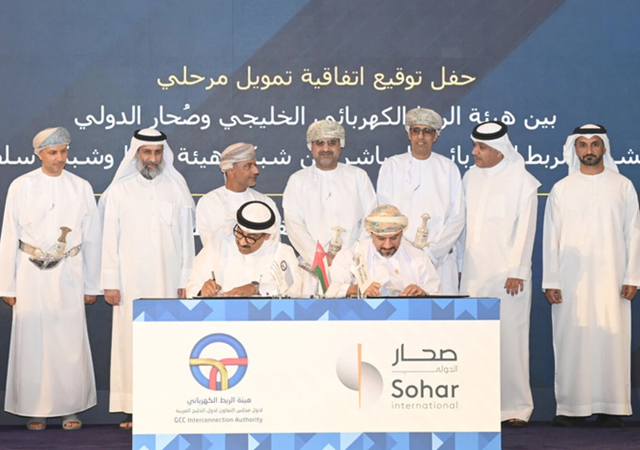
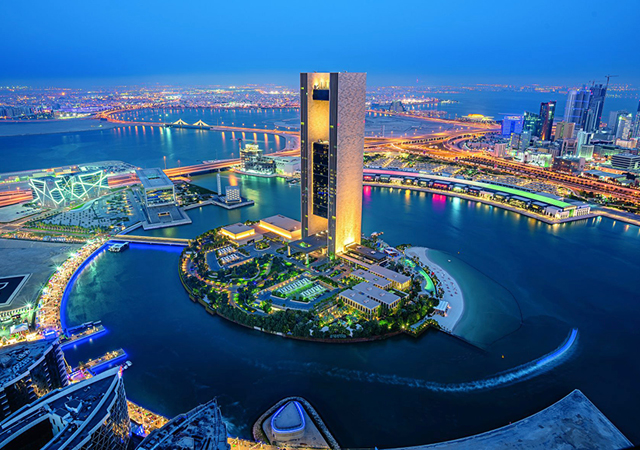
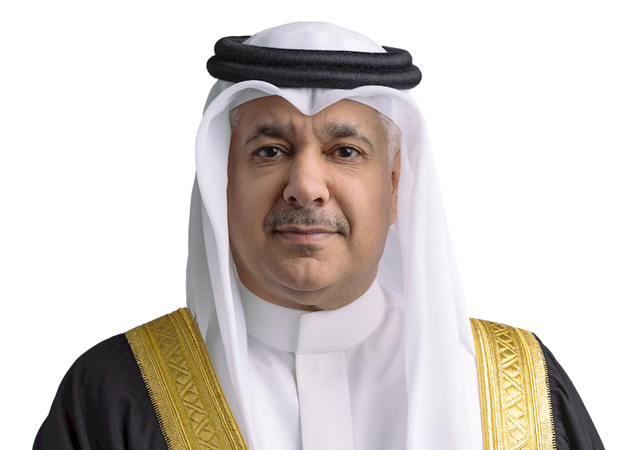
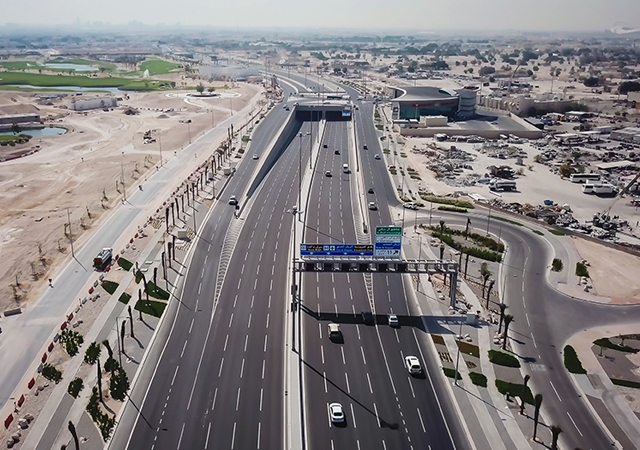
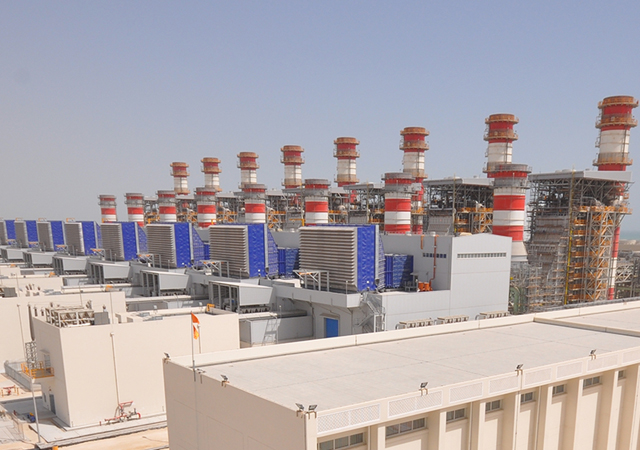
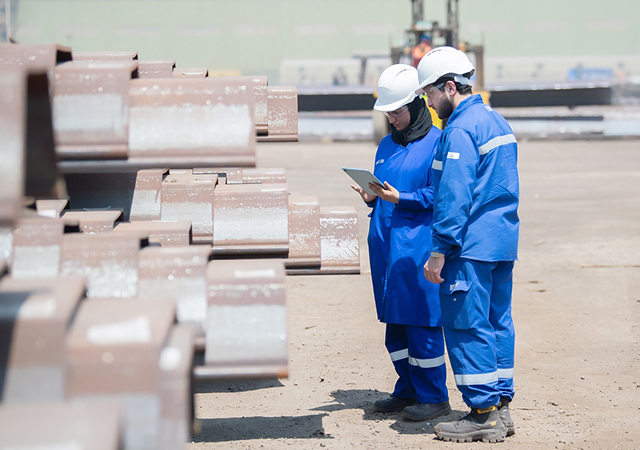
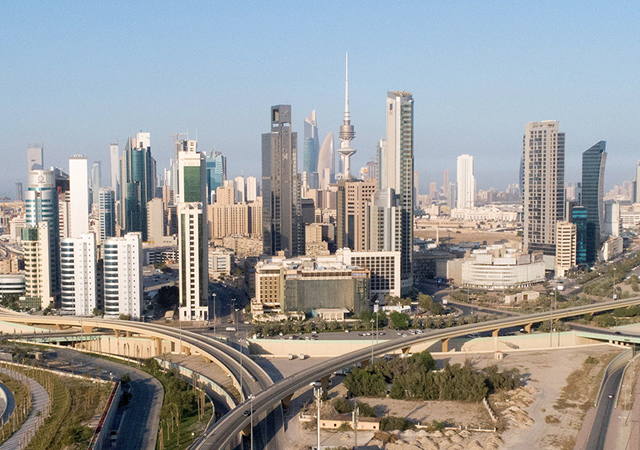
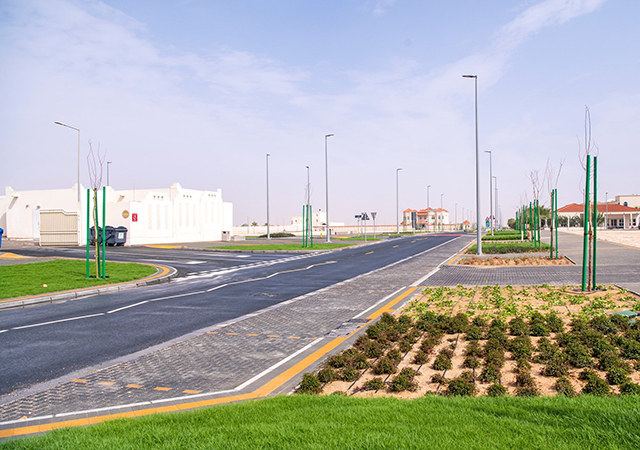
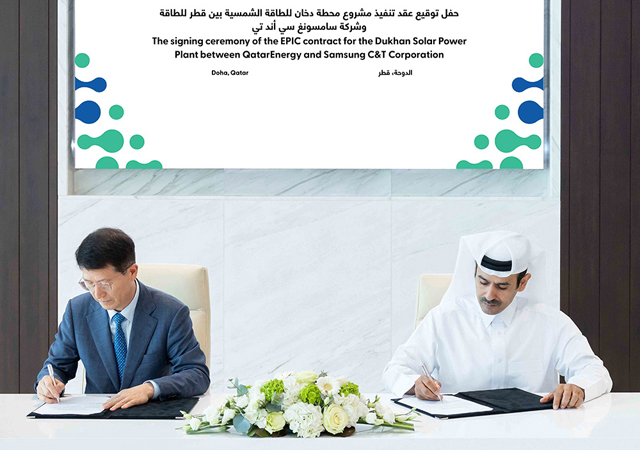
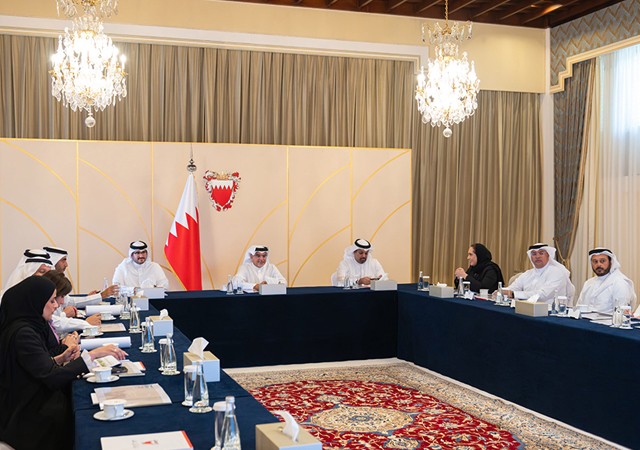

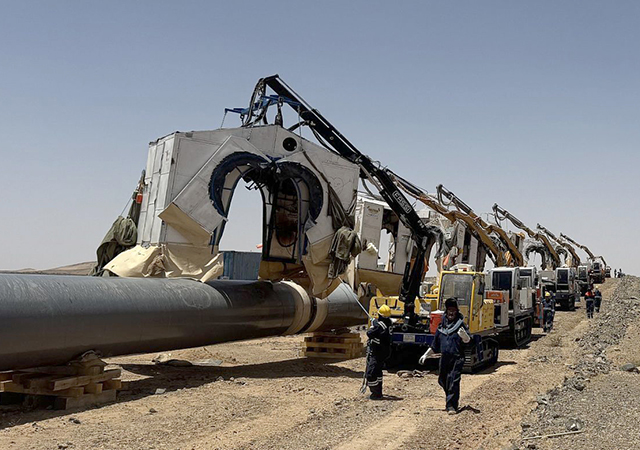
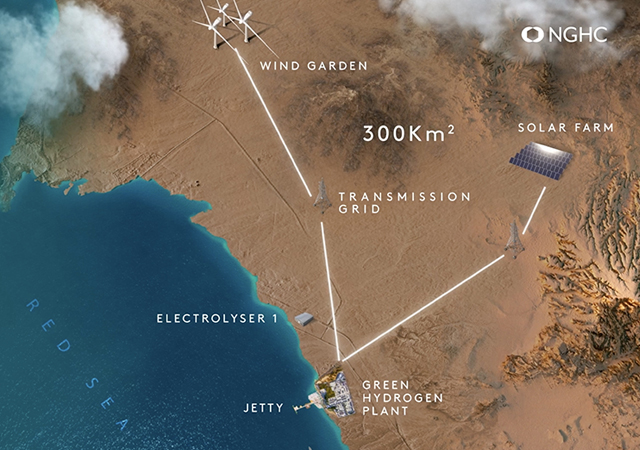
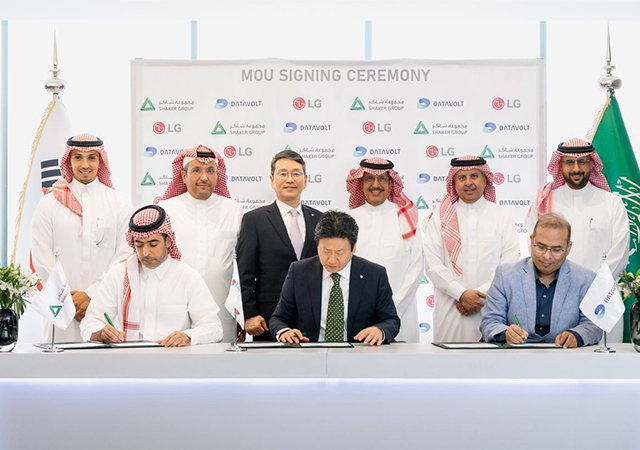
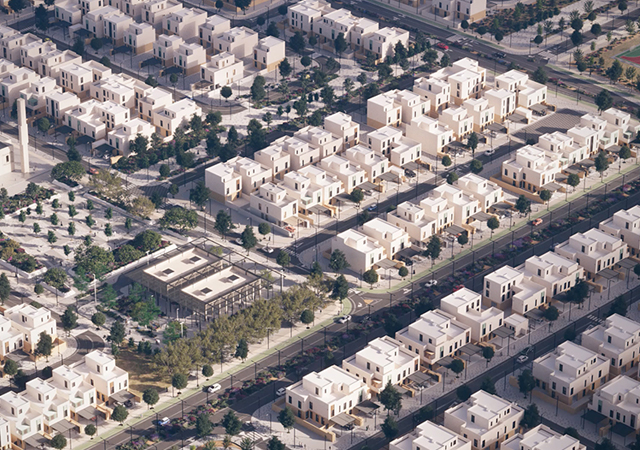
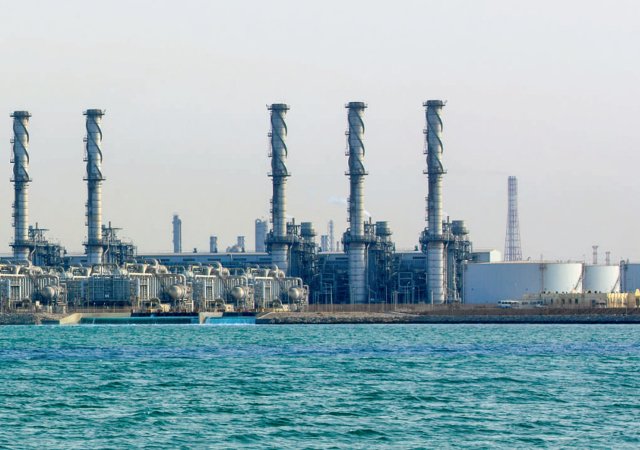
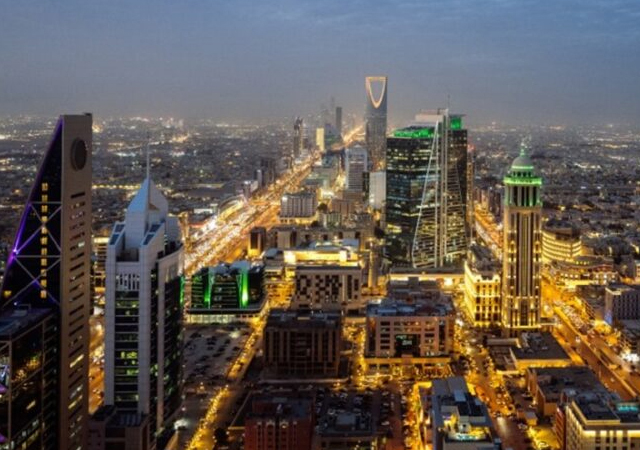
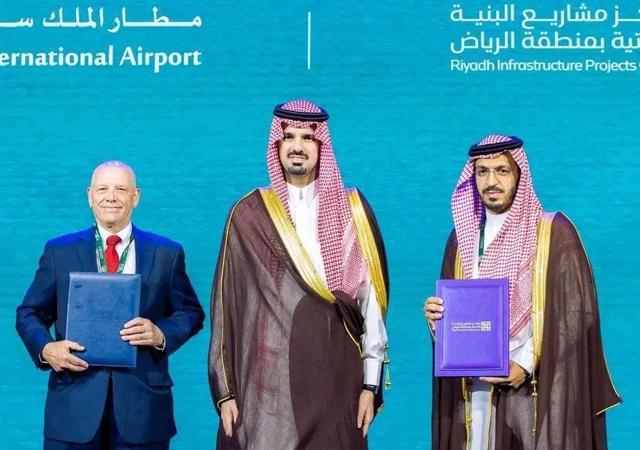
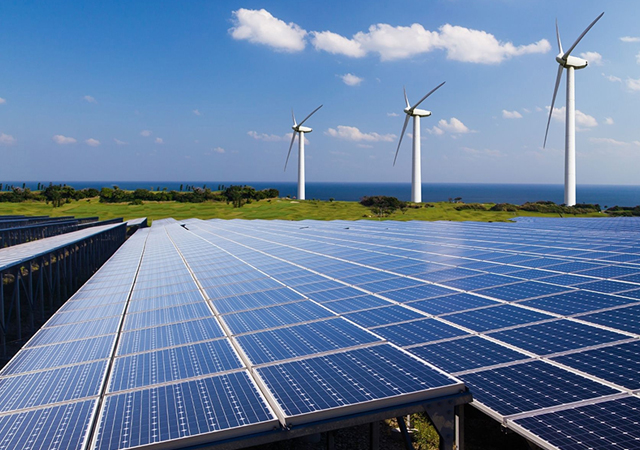
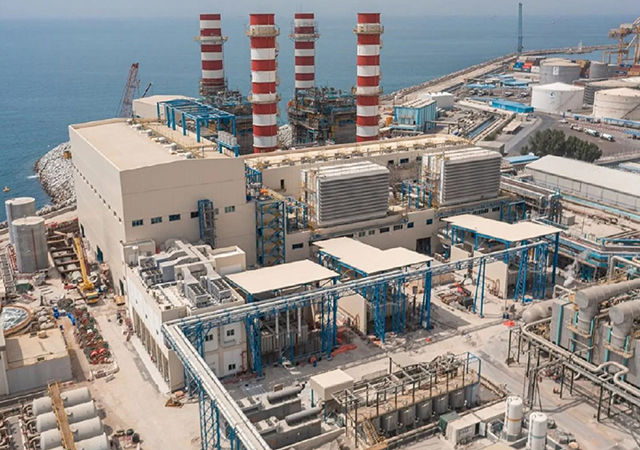
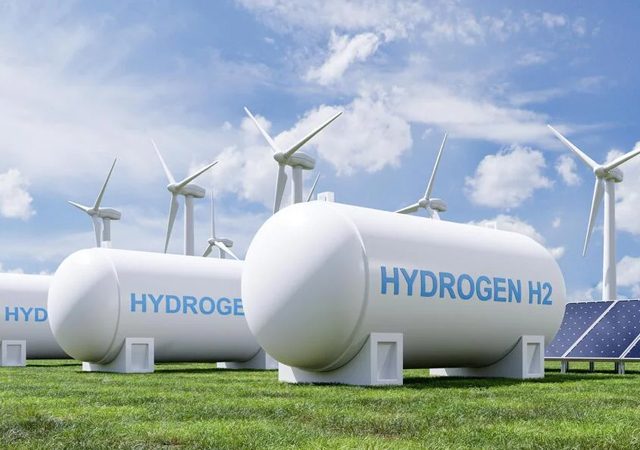

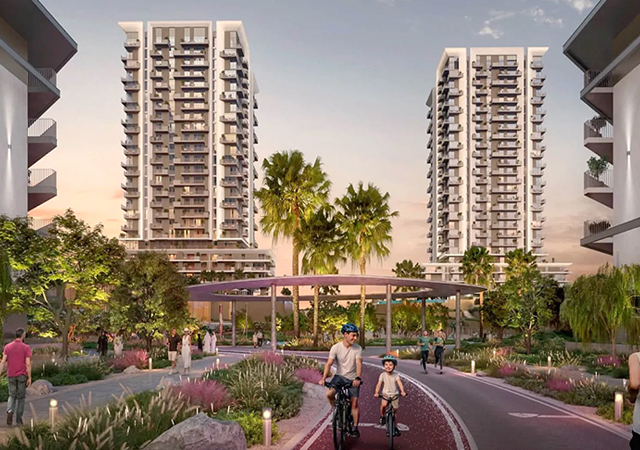
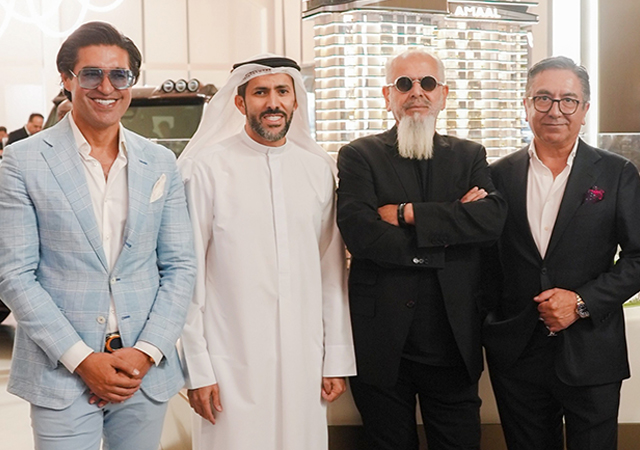
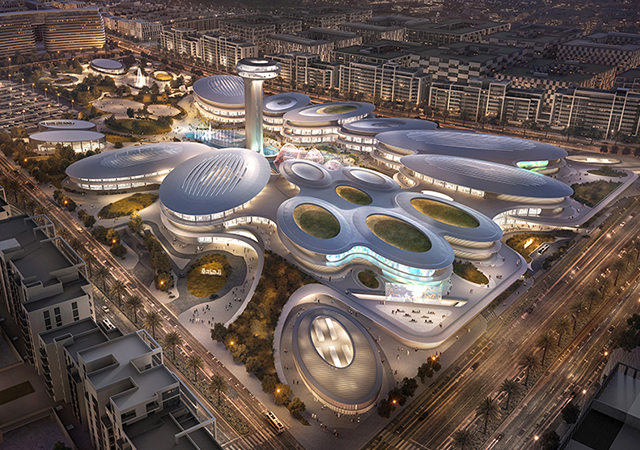
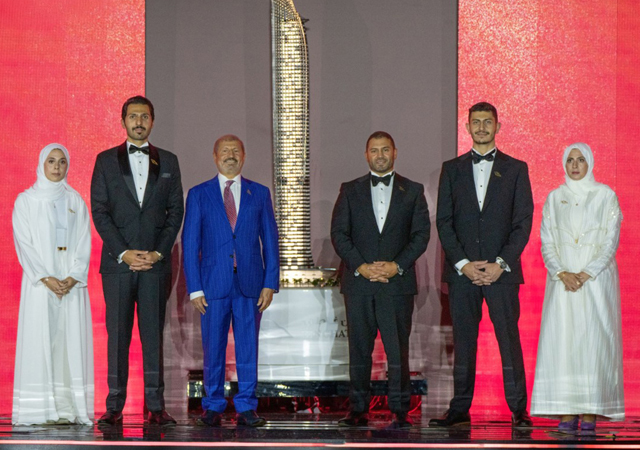
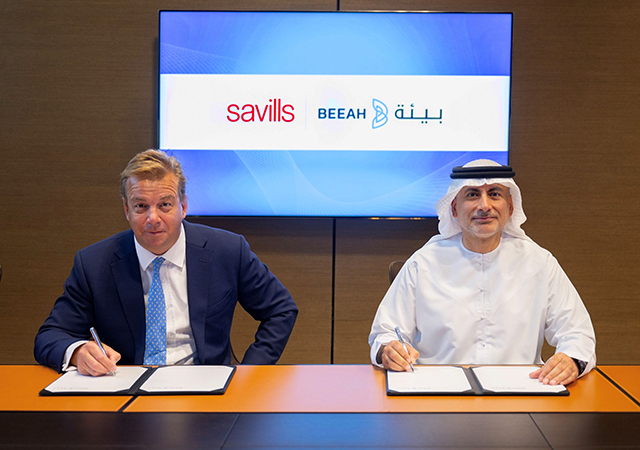

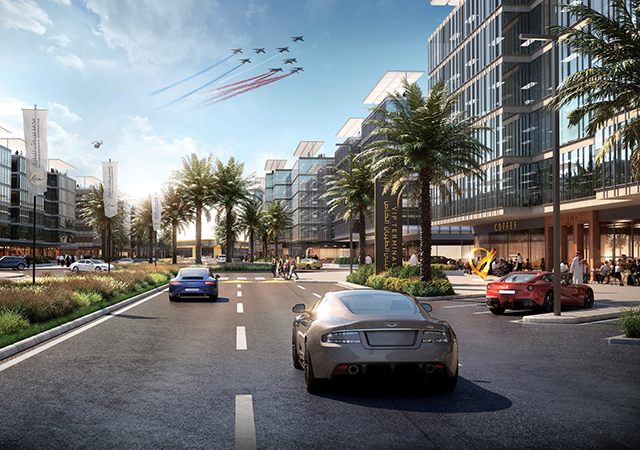
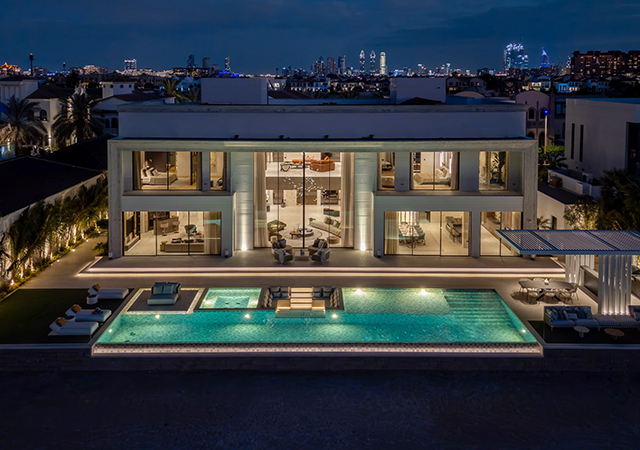
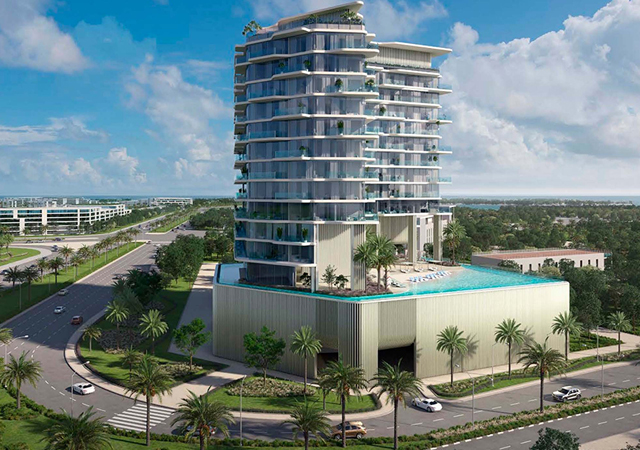
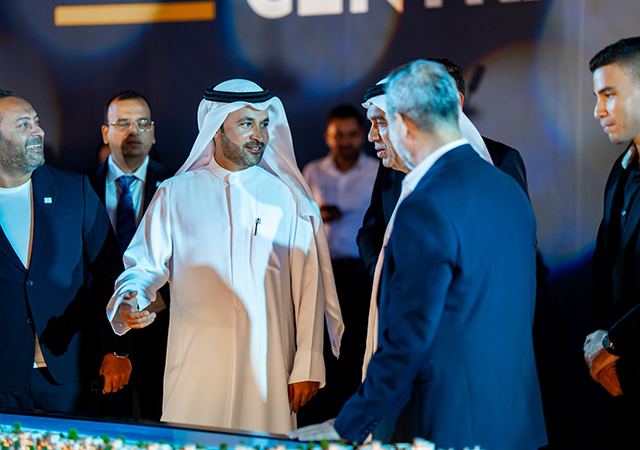
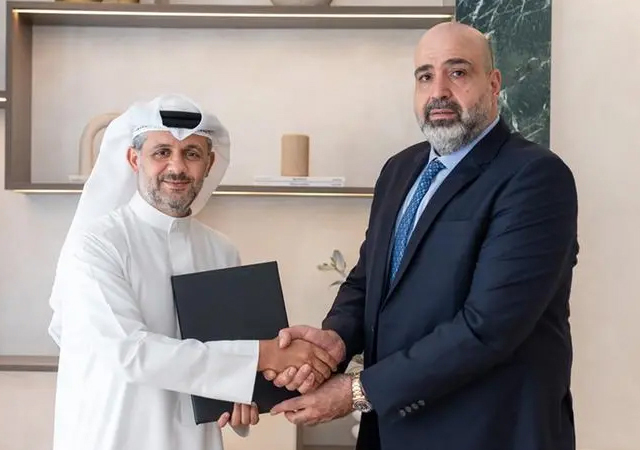
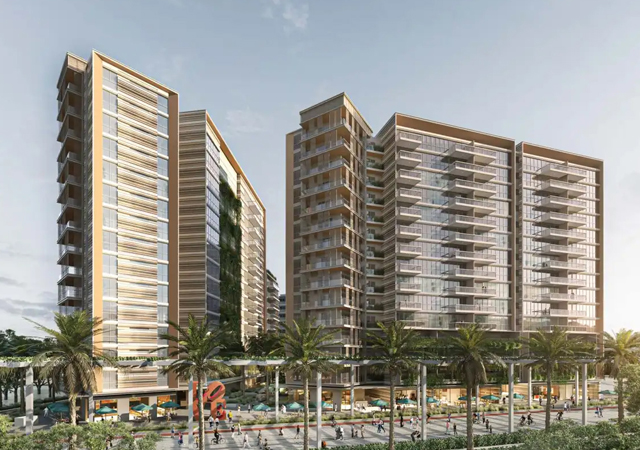
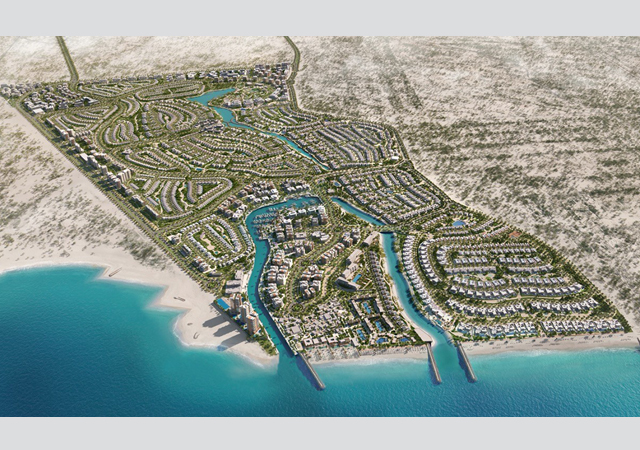
.jpg)
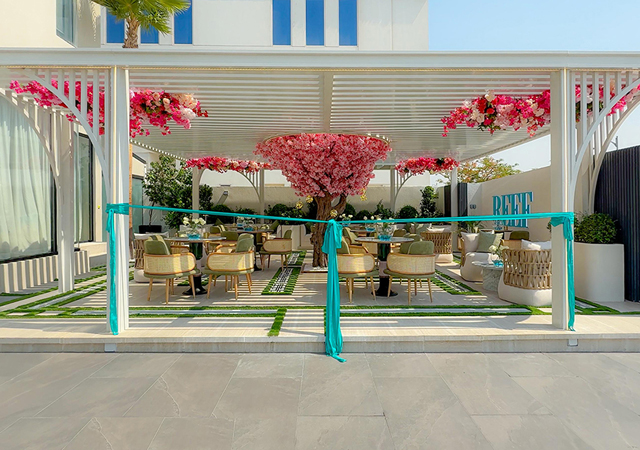
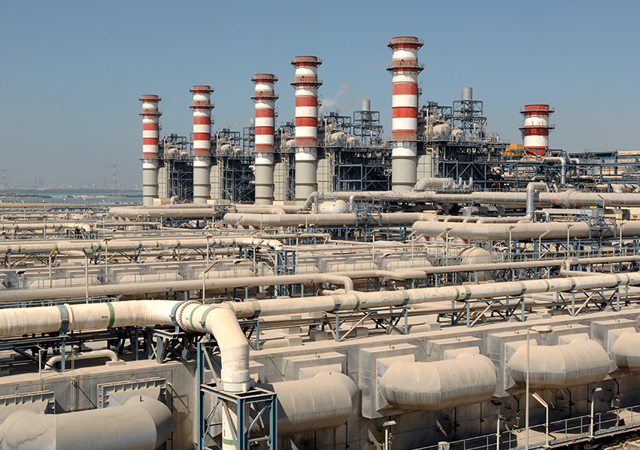
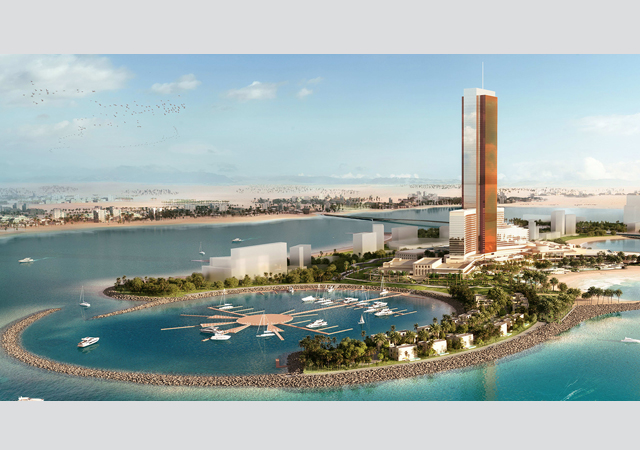
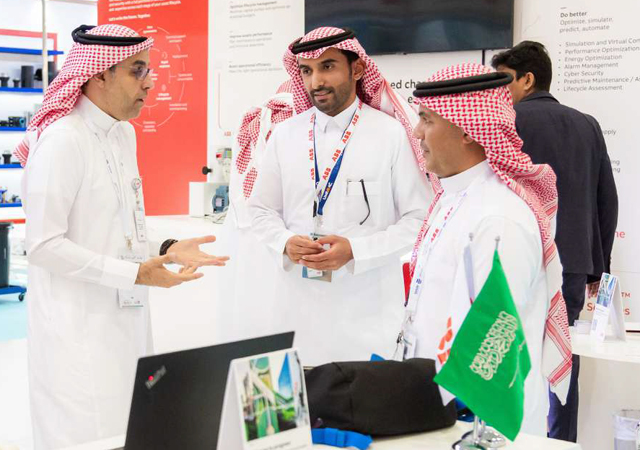
.jpg)
